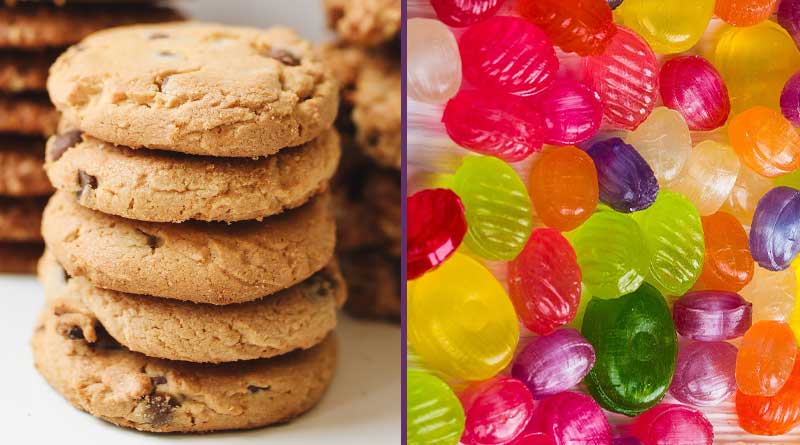Is saturated fat worse than sugar?

Introduction
Many thanks to Shaun Webber for this week’s topic. A paper was published in Diabetes Care in May 2020 called “Intrahepatic fat and postprandial glycemia increase after consumption of a diet enriched in saturated fat compared with free sugars” (Ref 1). The paper caught my eye at the time and I think my eyes then rolled at the notion that saturated fat is worse than sugar and then I moved on, but Shaun asked if I could take a look at it. It turned out to be really interesting.
My first glance also took in that one of the authors is Dr Pamela Dyson. She works for Diabetes UK to revise and update dietary guidelines for management of diabetes and she's on the UK Scientific Advisory Committee on Nutrition (SACN) working group for low carb diets for people with type 2 diabetes (Ref 2). In 2015 she wrote a review of low carb diets for type 2 diabetes which concluded: “Recent studies suggest that low carbohydrate diets appear to be safe and effective over the short term, but show no statistical differences from control diets with higher carbohydrate content and cannot be recommended as the default treatment for people with type 2 diabetes” (Ref 3). It’s fair to say that Dr Dyson is pro-carb and anti-fat.
My first glance also checked funding: “This study was funded by the World Sugar Research Organisation and Biotechnology and Biological Sciences Research Council and the BHF.” I.e. it was funded by big sugar and two anti saturated fat organisations. The Biological Sciences Research Council (BBSRC) is actively trying to re-engineer food – especially dairy products – to remove saturated fat and the British Heart Foundation (BHF) is based on the diet-heart hypothesis (saturated fat raises LDL-cholesterol and causes heart disease). It’s fair to say that the funding is pro sugar and anti saturated fat.
The study
The study involved 16 overweight males. They were randomised to consume the saturated fat (SFA) or the sugar diet for 4 weeks before consuming the other diet after a 7-week washout period. The primary outcomes of interest were intrahepatic triacylglycerol (IHTAG) content, hepatic de novo lipogenesis (DNL), and whole-body postprandial metabolism. IHTAG (liver fat essentially) is a marker for Non Alcoholic Fatty Liver Disease. Hepatic DNL is a process by which dietary carbohydrate is converted into fat in the liver. Whole-body postprandial metabolism captures what happens after eating a meal.


